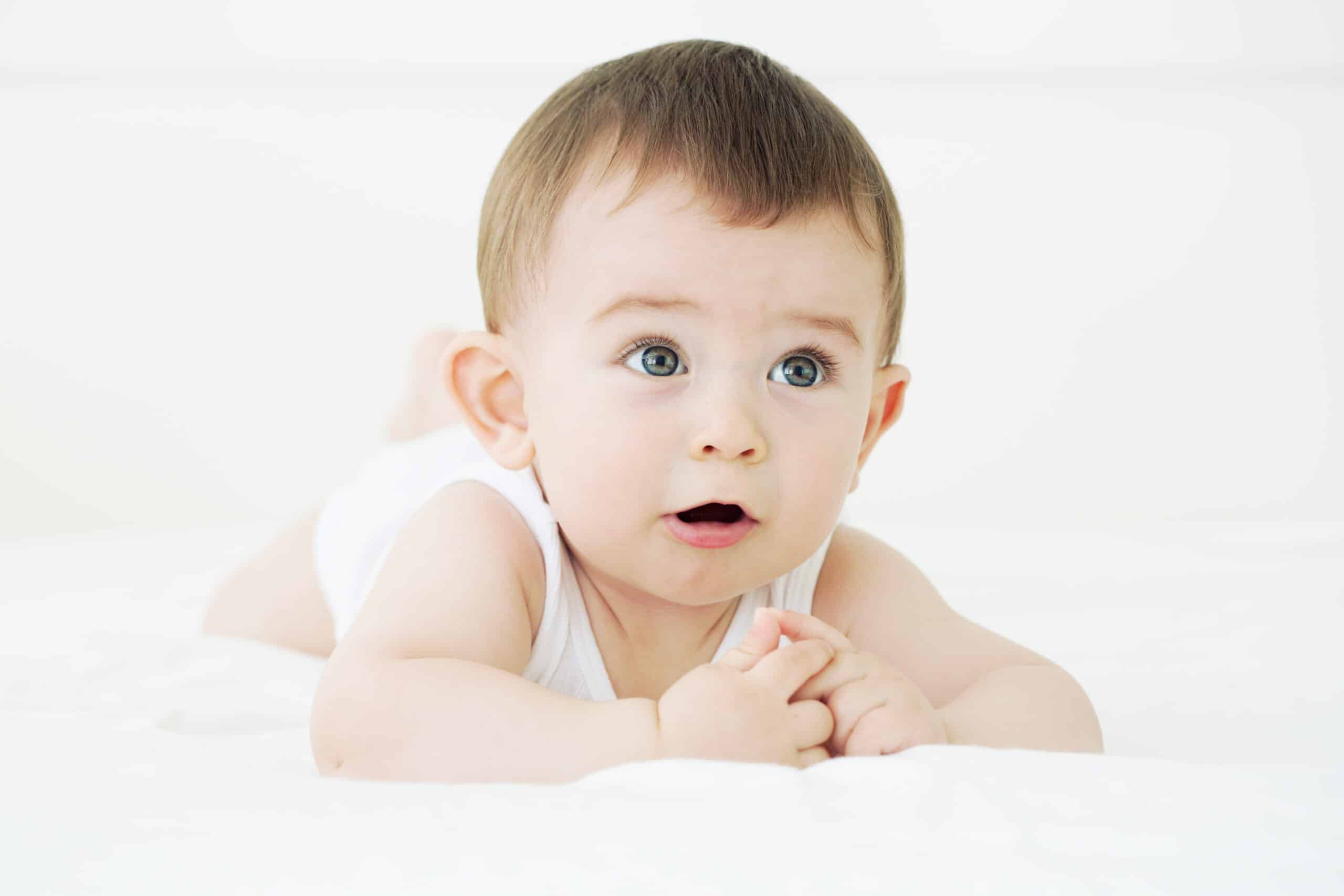Having a newborn at home is one of the most exciting things for new parents. There are many moments and milestones that new parents look forward to. One of these moments happens to be when your baby calls you as they view you, as their “Mama” or “Dada.” It is a pivotal moment in a new parent's life, one that they always remember and look back on fondly as the years go by. However, when your baby is just starting out, learning the world around them, and beginning to place their words together, it can seem like it takes a lifetime for them to call you a proper name or title.
It can be hard to differentiate between sounds and actual names and titles at such a young age. Many babies tend to begin speaking with different combinations of sounds and vowels. This leads many parents to question what the appropriate developmental age is for their baby to call them Mama or Dada. Research indicates that by 8 to 12 months, babies begin to call their caregivers by their names, such as Mama and Dada.
Key Points of Language and Speech Development in Babies
- Most children should be recognizing and vocalizing their mother or father or parent around the 8-12 month mark.
- It may take slightly longer or shorter depending on the child to vocalize a clear “mama” or “dada”.
- There are several ways to improve your child begin speech faster including simple language, baby sign-langauge, and labeling items with excited vocalization.
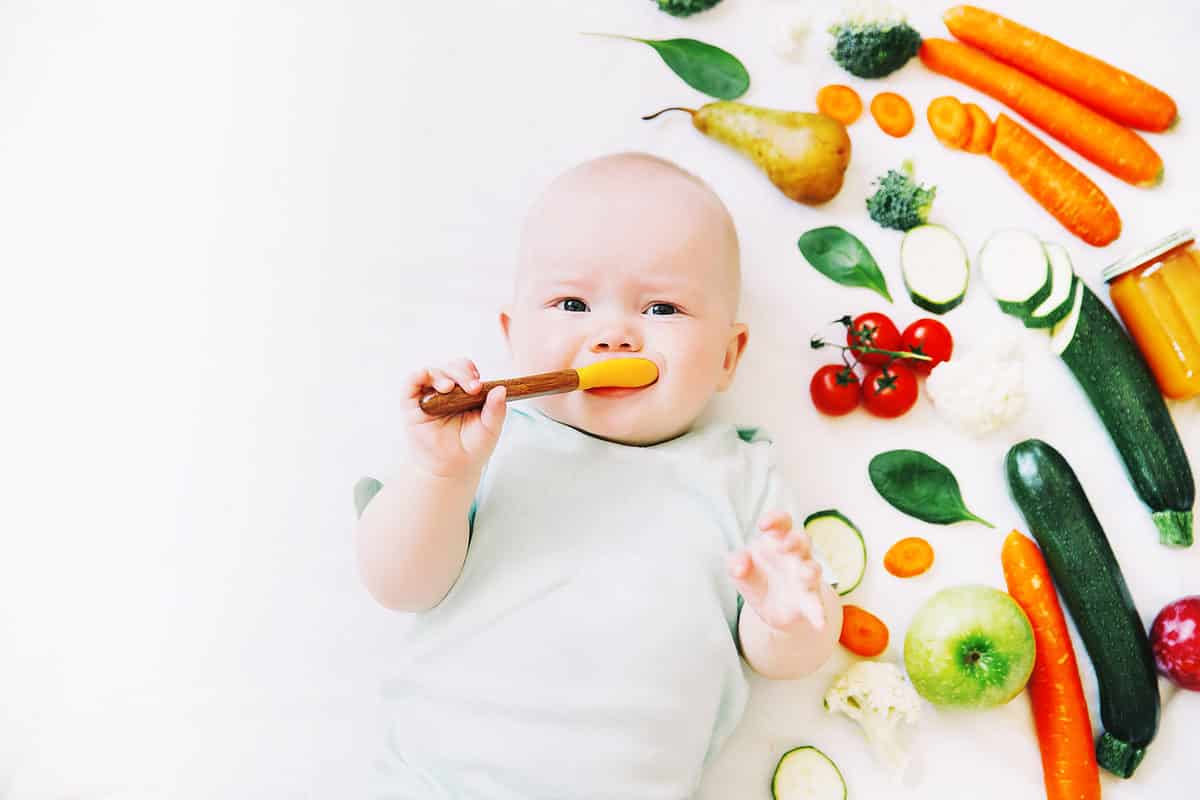
©iStock.com/NataliaDeriabina
Doctors Indicate by 8 Months Old
By 8 months old, many babies begin to start developing new language milestones. These oftentimes sound like sounds, such as “baba,” or other consonant and vowel combinations. Around this time, as well, many babies begin to identify their family members by name and label. Babies begin to use syllables that are easy to recognize, such as “ma” and “da.”
Around this time, babies also begin to communicate with words. When babies use language to play with sounds, they also see how excited their parents get. Many babies recognize the excitement parents have when they use “Mama” or “Dada.” This can push them to make the connection between sounds and names.
Babies also are learning to communicate with gestures and physical motions. This can be seen as lifting up their arms to signal to hold them and also waving goodbye. To assess whether a baby truly understands the labels of parents, the doctors recommend using questions like, “Where's Dada” to see if they look towards your spouse.
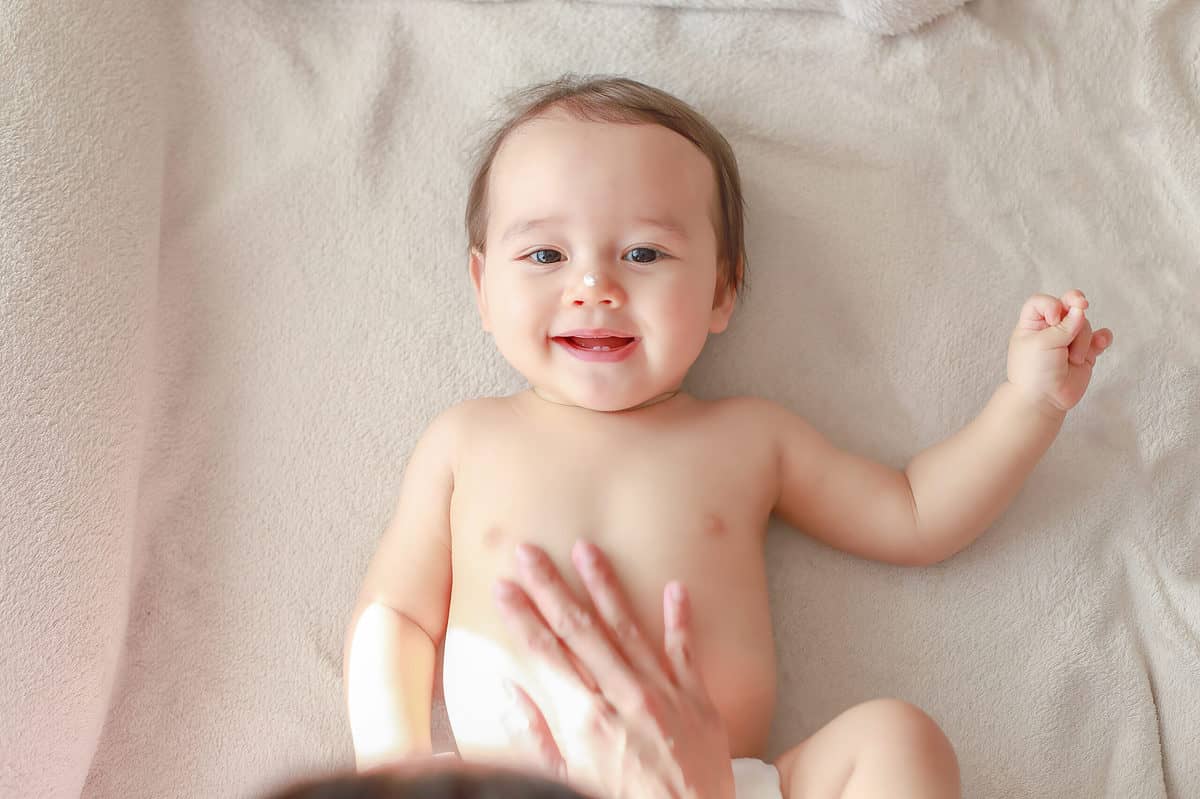
©Onjira Leibe/Shutterstock.com
May Take Up to 1 Year to Say Mama and Dada
There are many different milestones that babies reach in roughly 1 year. The Child Mind Institute states that there are movement, language, and social-emotional milestones all children reach by this age. Many of the movement milestones include pointing, banging blocks and toys, and taking things in and out of storage bins.
Language milestones showcase that by 1 year, babies are responding to different cues and commands. For example, research indicates that they recognize commands such as “no.” They also make exclamations such as “uh-oh” and begin to use different words and phrases. “Mama” and “Dada” are typically developed and recited in 1 year.
Babies typically also begin to test their parents, as well, emotionally. Babies often, by 1 year, test their parental responses to behavior during feedings and when parents leave the room. Sometimes, babies will refuse food to see what a parent would do. Also, they will cry when you leave the room to see what reaction you will have.
How you react to a child's experimentation with language will greatly impact their language develop according to WebMD. While using the tips found at the bottom of this article will probably not make your baby a speech super genius by 6-months old. However, it's important to note that you will probably find that your child will be developing a richer connection with not only you your partner but also with language itself.
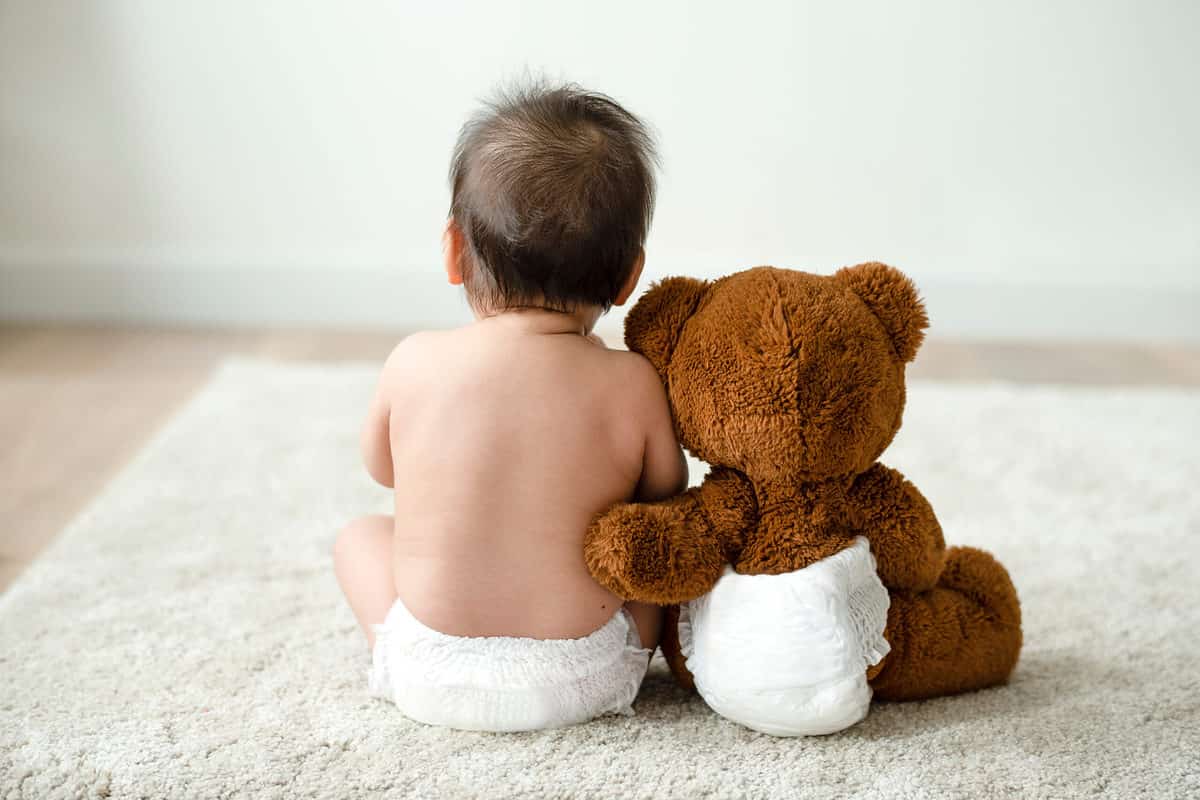
©Rawpixel.com/Shutterstock.com
The CDC Agrees By the 1 Year Mark
Based on research from the Centers for Disease Control and Prevention (CDC), babies should be calling their parents Mama and Dada by 1 year of age. In addition, babies should be able to verbally say and wave “bye-bye” to people. Babies also begin to play games with adults, such as pat-a-cake.
By 1 year, babies also begin pulling themselves up to stand on their own and walking—while holding onto furniture. The CDC recommends if your baby is not meeting these milestones and you fear that something may be off or wrong, it's important to act early and consult a specialist or a doctor.
It may not always mean something is wrong though. Some children will development slowly then all of the sudden as if a dictionary was planted in their heads. Some children's development will ebb and flow and generally isn't to be of concern. Of course, if you feel something is wrong with your baby please go to your primary doctor.
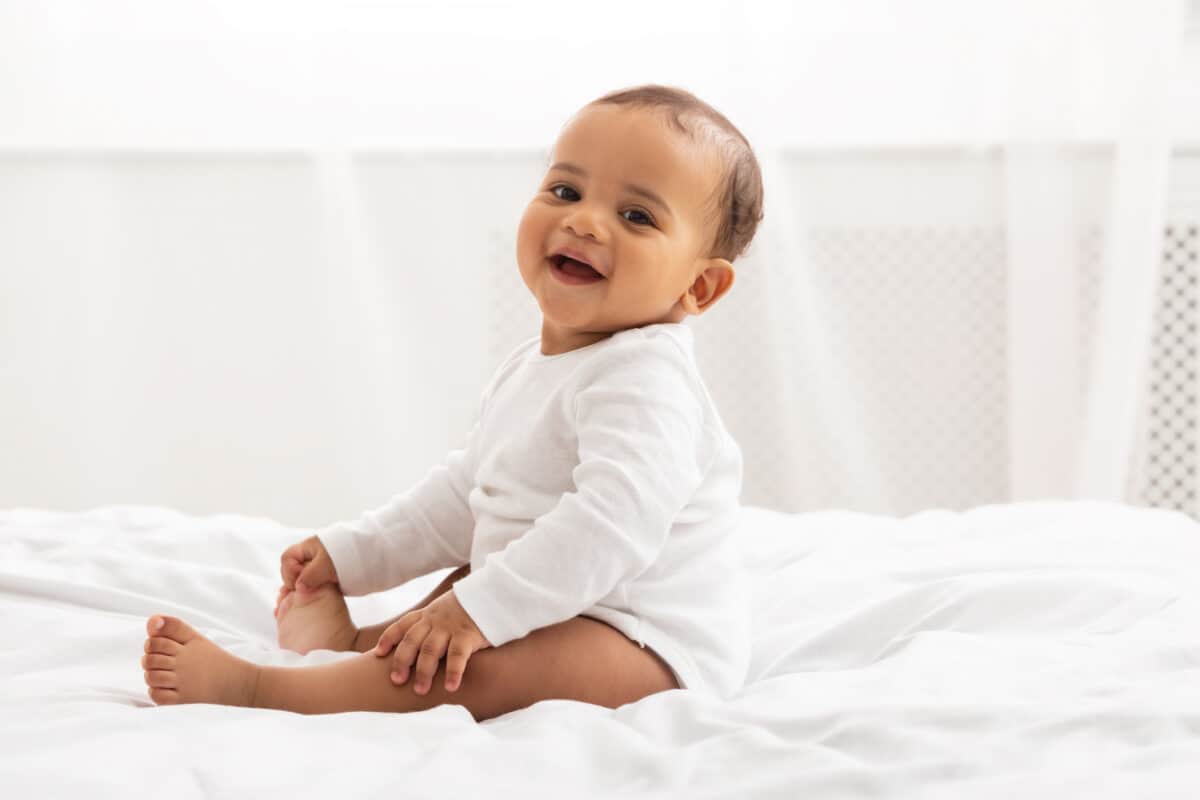
©iStock.com/Prostock-Studio
How You Can Help Your Baby Say Mama and Dada
If you are looking for ways to help your child reach this language milestone, there are a few things you can do to help.
- Talk and speak with to your baby often. Interaction with your baby is key for language development. The more you talk to them, the more they will learn from you.
- Label things when speaking to them. By pointing to yourself and saying Mama or Dada, you can help babies make the connection between the words and the people. Doing so with objects can also help them learn objects, too.
- Show excitement when babies refer to you as Mama or Dada. When they see your reaction to these words, they will want to create it more and more.
If your child is not reaching some of these specific milestones by 12 months (1 year), experts suggest consulting a doctor for further help.
The image featured at the top of this post is ©sashahaltam/Shutterstock.com.
